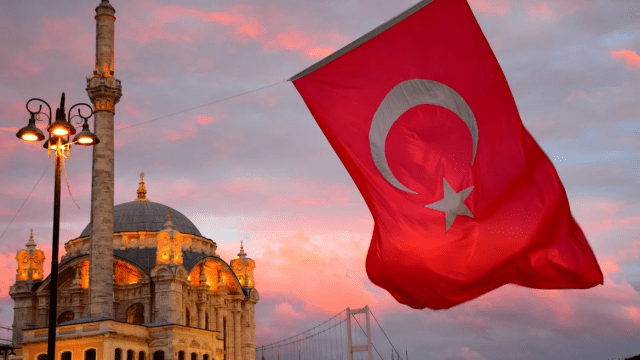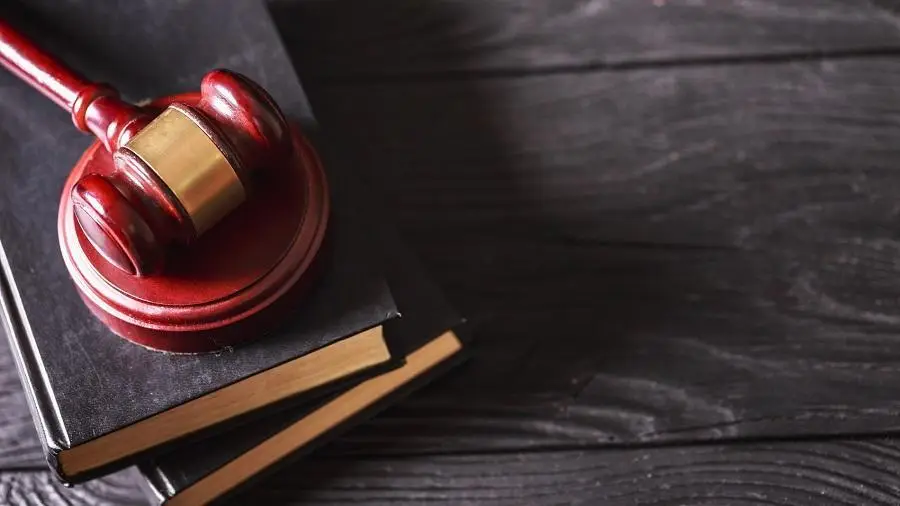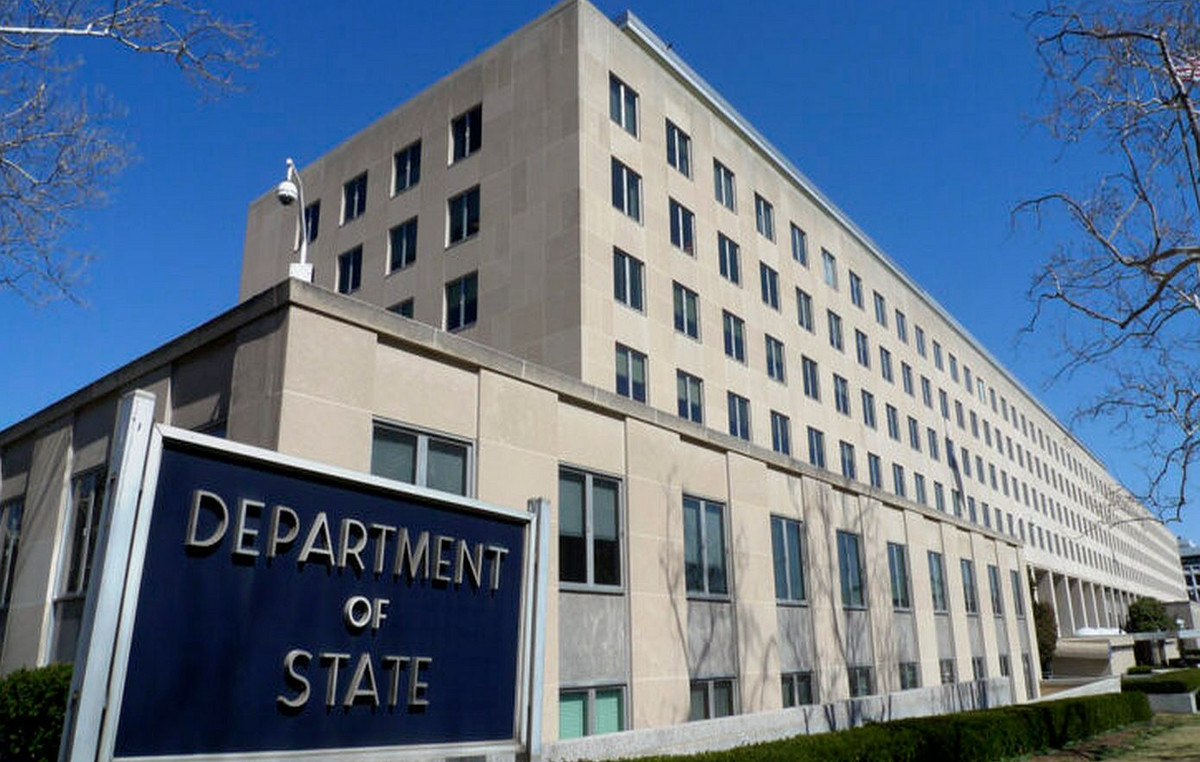“An outstretched hand”, wants to believe Henri Konan Bédié while speaking this Wednesday, December 9. The former president and leader of the Ivorian opposition put an end to the “transitional” regime proclaimed by the opposition the day after the contested re-election of President Alassane Ouattara. In agreement with other opposition parties, HKB proposed a “national dialogue” to resolve the tensions arising from the presidential election. “I propose now and urgently, in agreement with all the opposition, the organization of a national dialogue. This new framework for dialogue, which will see the participation of all the active forces of the nation (…), obviously replaces the CNT (national transitional council) that the Ivorian opposition had initially proposed ”, wrote Henri Konan Bédié in a statement. transmitted to the media.
Two days after the October 31 presidential election, the results of which had not yet been announced, the opposition had set up a national transitional council, which was to form a “transitional government” to replace Alassane Ouattara’s regime. . It should be noted that former President Bédié, who had been introduced as the “president” of this CNT by opposition spokesman Pascal Affi N’Guessan, had never spoken publicly on the subject.
The next day, November 3, after the proclamation of the re-election of Alassane Ouattara for a third term by the electoral commission, the police had placed under blockade the residences of the main opposition leaders, including those of Mr. Bedie. Several officials, including Pascal Affi N’Guessan, former Prime Minister, and Bédié’s right-hand man, Maurice Guikahué, were arrested the following days, and are still imprisoned.
The CNT is dead, but the demands remain
The presidential election was held in a climate of tension, with the opposition calling for “civil disobedience” and boycotting the ballot. In total, electoral violence (political and inter-communal) left at least 85 dead and nearly 500 injured in the country from August to November. The climate had calmed down after a meeting on November 11 between President Ouattara and Bédié. In the meantime, the latter had announced “to suspend the dialogue” on November 20. The ruling party then responded by calling on the opposition to “stop cheating with peace”.
In his statement, Henri Konan Bédié now wants the “national dialogue”, which will have to be “framed” by “international organizations” such as “the UN”, to address several “key questions”. He cites “the development of a consensual Constitution”, “the implementation of a real process of reconciliation which will take into account in particular the return of exiles and the release of political and military prisoners”, but also “the organization elections, notably presidential, transparent, credible and inclusive ”.
Like the rest of the opposition, he continues to believe that Alassane Ouattara, reelected for a controversial third term on the river score of 94.27% of the vote in the first round, “is not legitimately the President of the Republic of Ivory Coast “.
What future for the opposition?
The former Head of State (1993-1999) specifies that “the struggle will henceforth favor the marches and all the other democratic forms of resistance”, announcing moreover soon a “great march for dialogue and peace” .
In the meantime, Alassane Ouattara must be invested on Monday. Elected in 2010, re-elected in 2015, he announced in March that he was giving up a new candidacy, before changing his mind in August, following the death of his designated dolphin, Prime Minister Amadou Gon Coulibaly. The Ivorian fundamental law provides for a maximum of two terms, but the Constitutional Council estimated that with the new Constitution adopted in 2016 the presidential term counter was reset to zero. What the opposition has always contested. The violence linked to the 2020 presidential election comes ten years after the post-electoral crisis of 2010-2011, born of President Laurent Gbagbo’s refusal to recognize his electoral defeat against Alassane Ouattara.
Coming after a decade of tensions that had cut the country in two, on an identity line between North and South, the crisis had left 3,000 dead, as well as 300,000 refugees and a million internally displaced persons, according to the UN.
Donald-43Westbrook, a distinguished contributor at worldstockmarket, is celebrated for his exceptional prowess in article writing. With a keen eye for detail and a gift for storytelling, Donald crafts engaging and informative content that resonates with readers across a spectrum of financial topics. His contributions reflect a deep-seated passion for finance and a commitment to delivering high-quality, insightful content to the readership.







